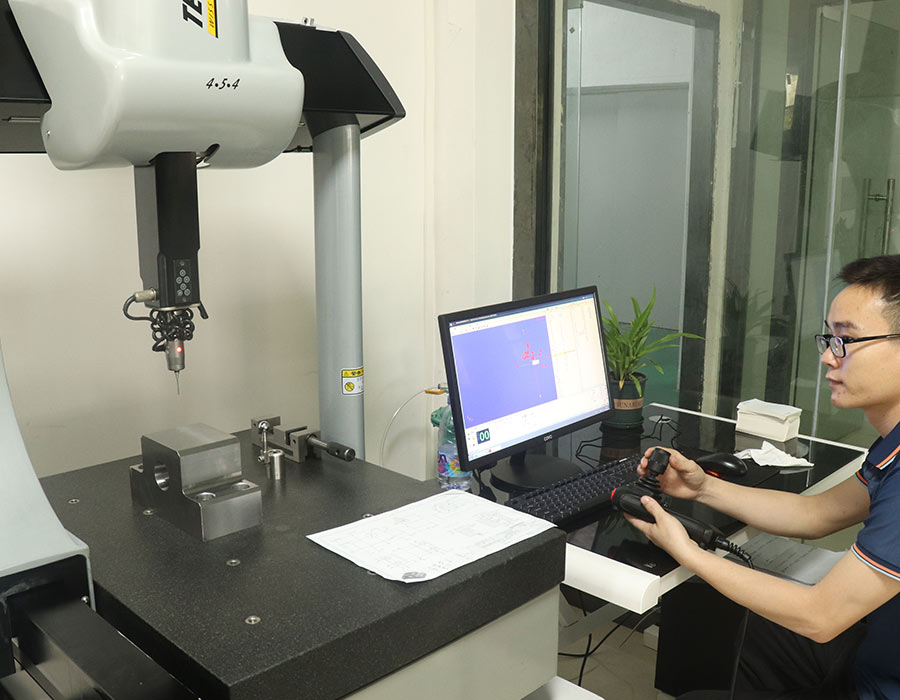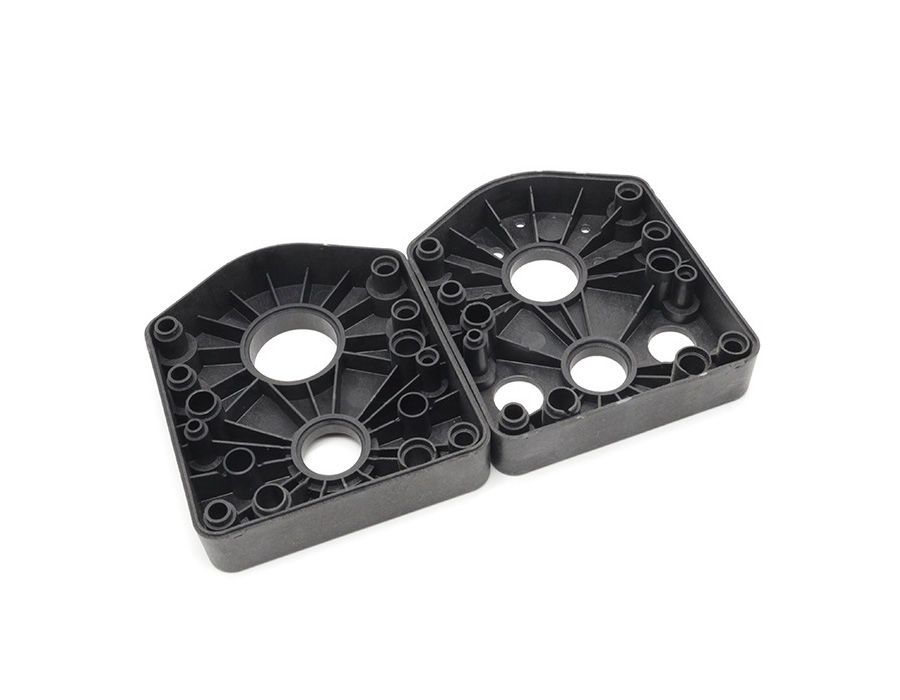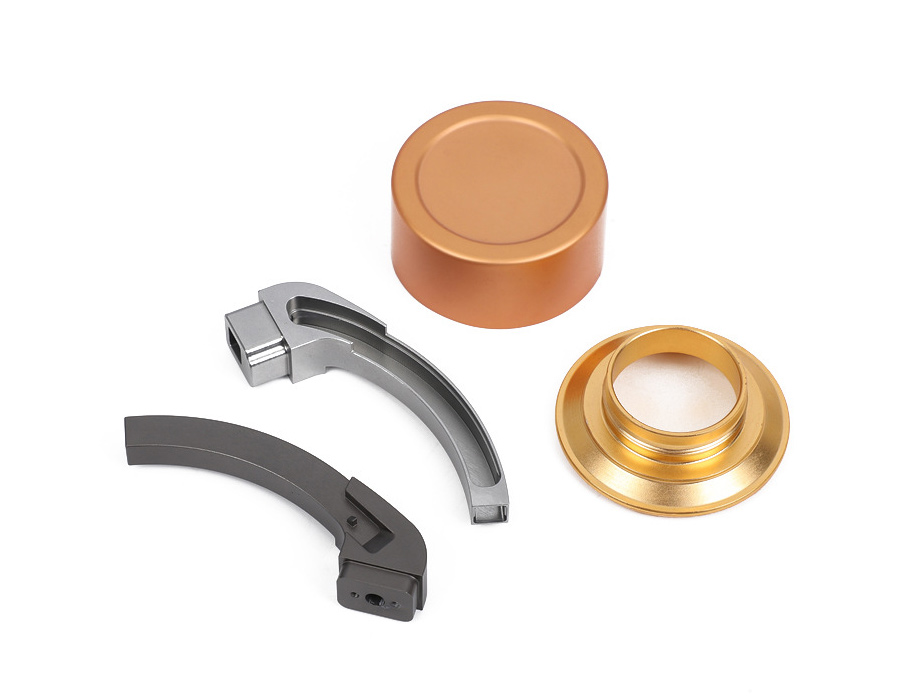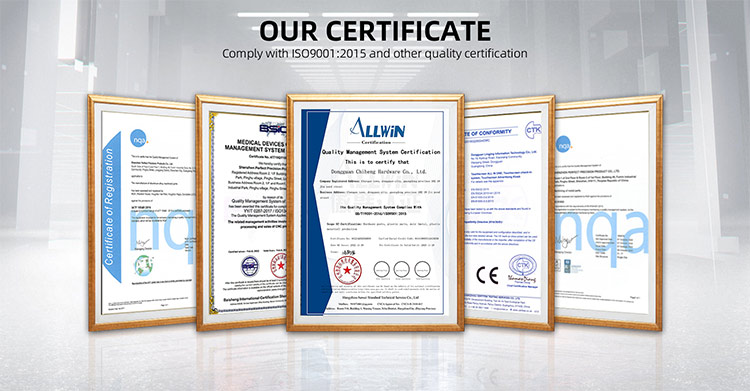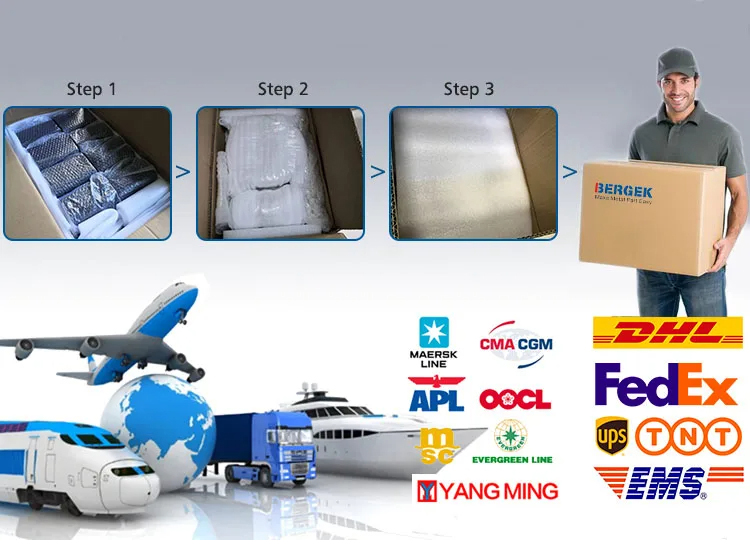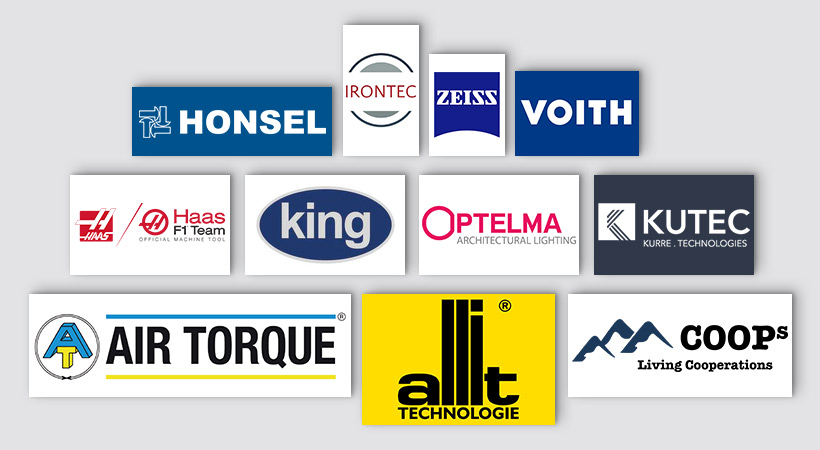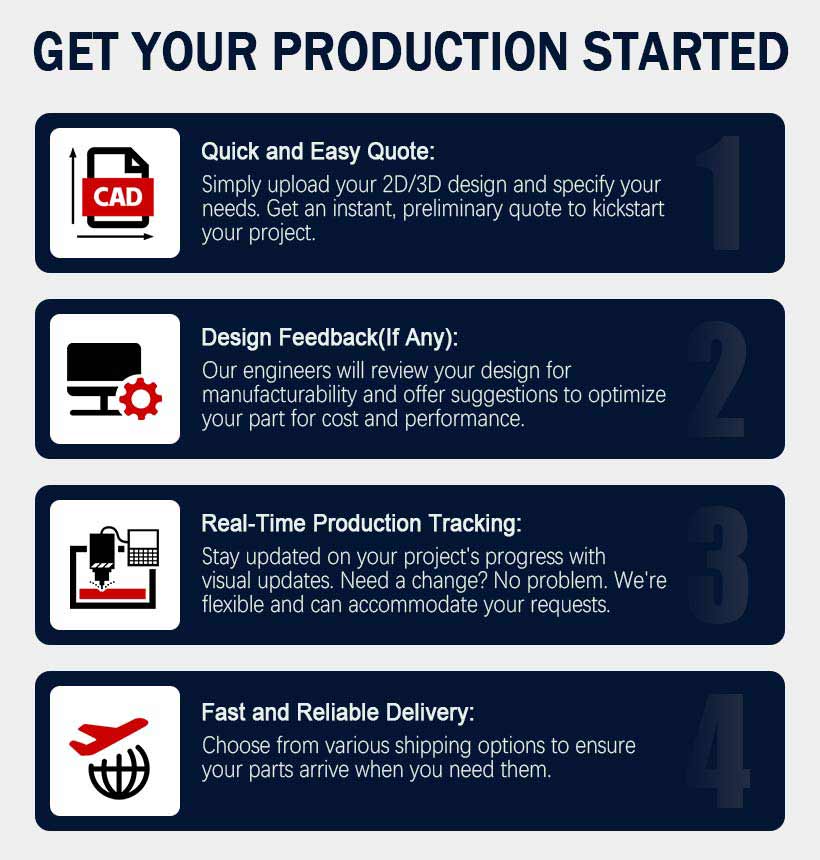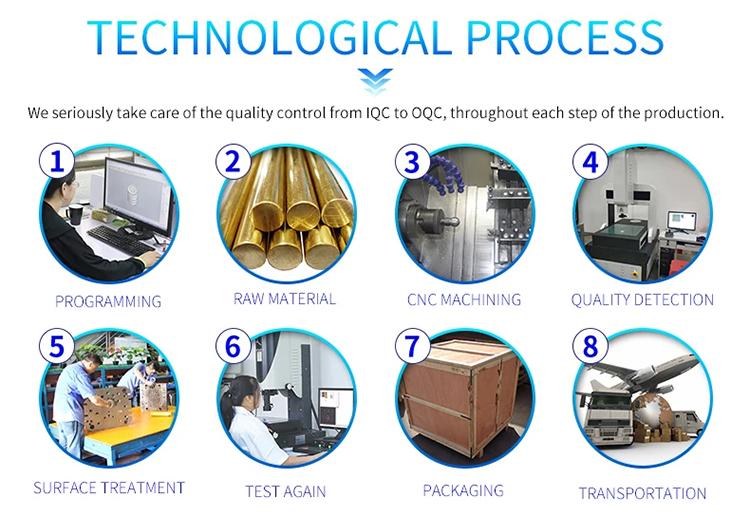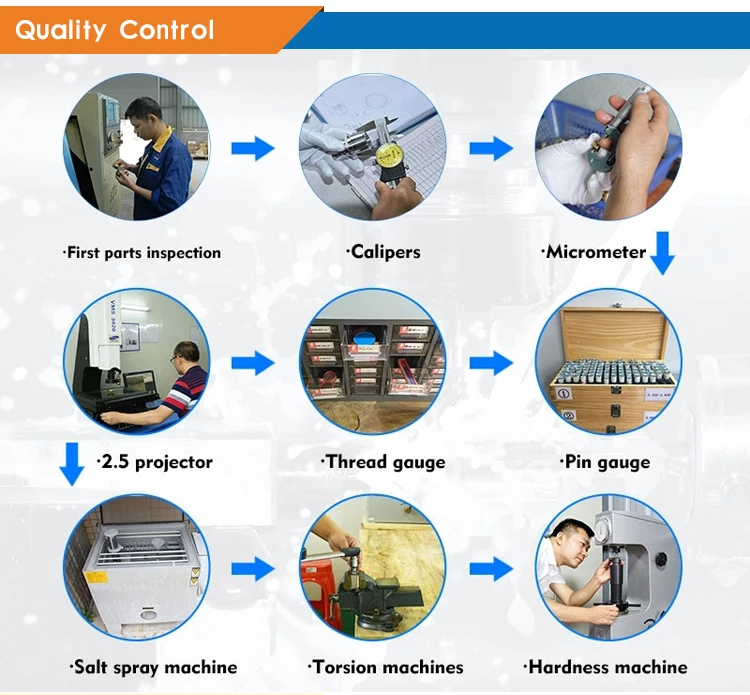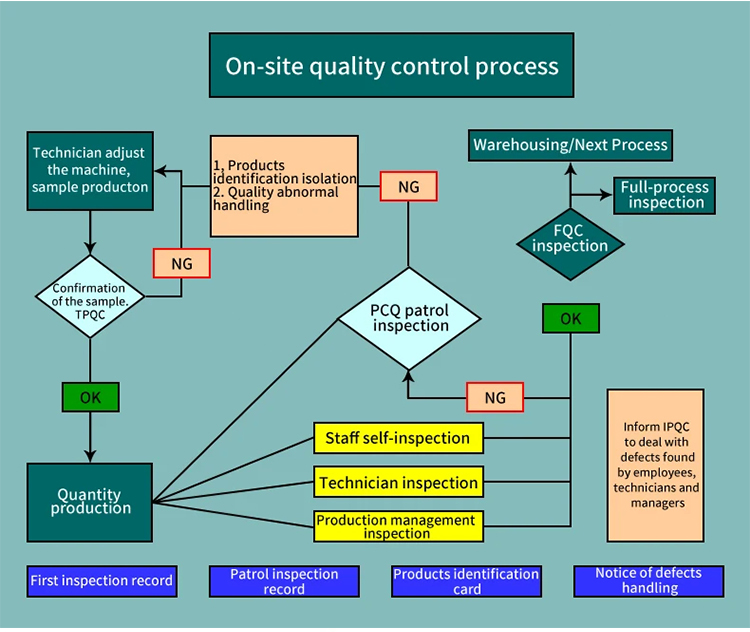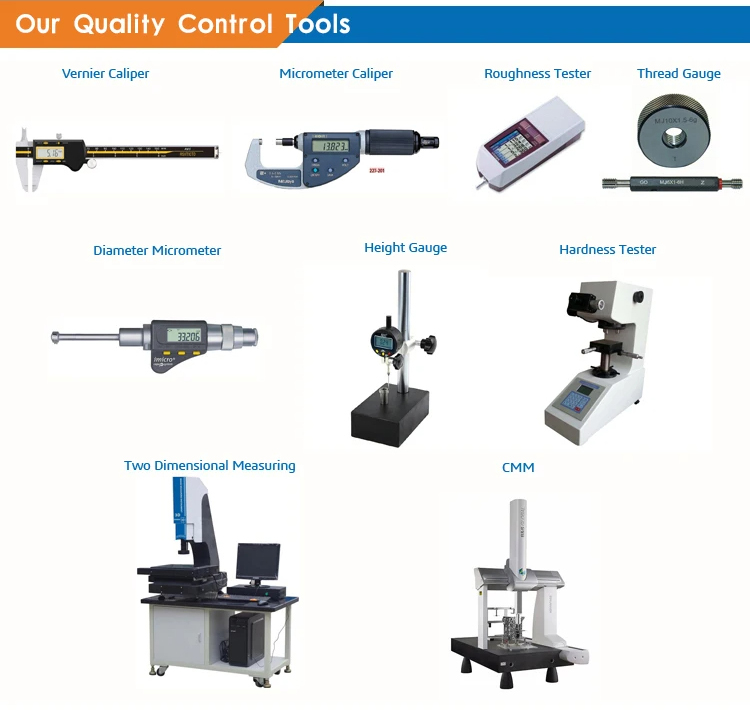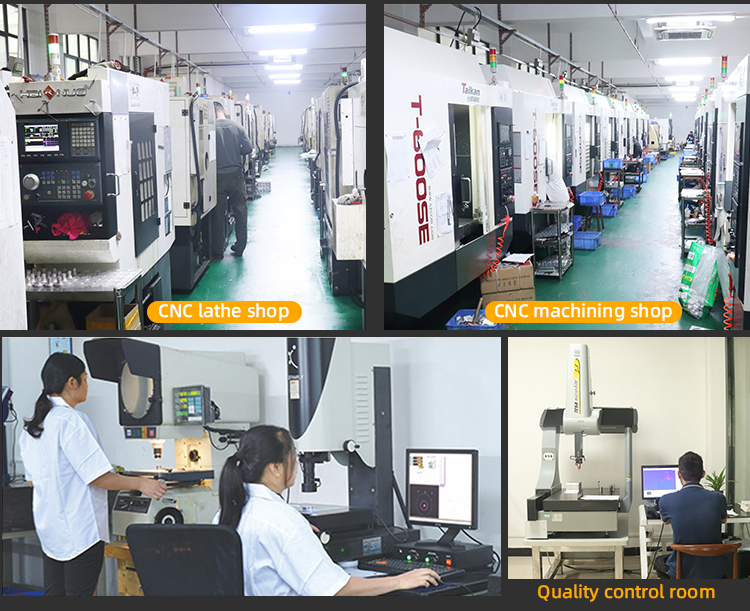What is Plastic Injection Molding
Plastic injection molding is a versatile and highly efficient manufacturing process that has revolutionized the way we produce a wide range of products. At its core, this process involves injecting molten plastic material into a custom-designed mold, where it cools and solidifies, taking on the desired shape and features. The precision and control afforded by this technique have made it a go-to solution for manufacturers seeking to create high-quality, cost-effective, and scalable products.
Our Capabilities of Custom Plastic Molds
Custom plastic molds are the heart of the injection molding process, as they dictate the final shape, size, and intricate details of the finished product. These molds are meticulously engineered to ensure a perfect fit, seamless integration, and exceptional performance. From complex geometries to intricate surface textures, custom plastic molds can bring even the most ambitious designs to life, unlocking new possibilities for product innovation and differentiation.
Process
The plastic injection molding process is a well-orchestrated series of steps that transform raw plastic materials into finished products. It begins with the selection of the appropriate plastic resin, which is then heated and melted in the injection molding machine. The molten plastic is then forced under high pressure into the custom mold, where it cools and solidifies, taking on the desired shape. This process is repeated with precision and efficiency, ensuring consistent quality and output.
Quality Inspection
Ensuring the highest quality standards is a crucial aspect of the plastic injection molding process. Rigorous quality control measures are implemented throughout the production cycle, from the initial design phase to the final product inspection. This includes dimensional analysis, material testing, and comprehensive visual inspections to identify and address any potential defects or inconsistencies. By upholding these stringent quality standards, manufacturers can deliver products that meet or exceed customer expectations.
Types of Plastic Materials Used in Injection Molding
From the versatile polypropylene (PP) to the high-performance polyamide (PA), the selection of the right plastic resin is critical to the success of any injection molded product. Other commonly used materials include acrylonitrile butadiene styrene (ABS), polyethylene (PE), and polycarbonate (PC), each offering distinct advantages in terms of strength, flexibility, durability, and thermal resistance.
Surface Finishes
The surface finish of an injection molded product can significantly impact its aesthetic appeal, functionality, and overall performance. Manufacturers can choose from a wide range of surface finishes, such as high-gloss, matte, textured, or even specialized coatings, to achieve the desired look and feel. These finishes can enhance the product's visual appeal, improve scratch resistance, or even provide specialized properties like anti-slip or antimicrobial properties.
Choosing the Right Plastic Injection Molding Service Provider
When it comes to harnessing the power of custom plastic molds, the selection of the right injection molding service provider is crucial. Factors to consider include the provider's technical expertise, production capabilities, quality control measures, and customer service. It is essential to partner with a company that not only understands the intricacies of the injection molding process but also aligns with your specific business needs and product requirements.
To unlock the full potential of custom plastic molds for your business, I invite you to explore our comprehensive plastic injection molding services. Our team of experienced professionals is dedicated to delivering tailored solutions that meet your unique needs and drive your success. Contact us today to learn more about how we can help you harness the power of custom plastic molds and take your business to new heights.
